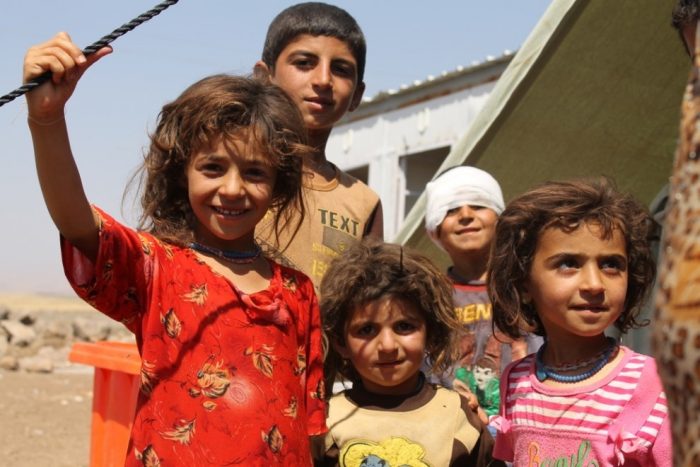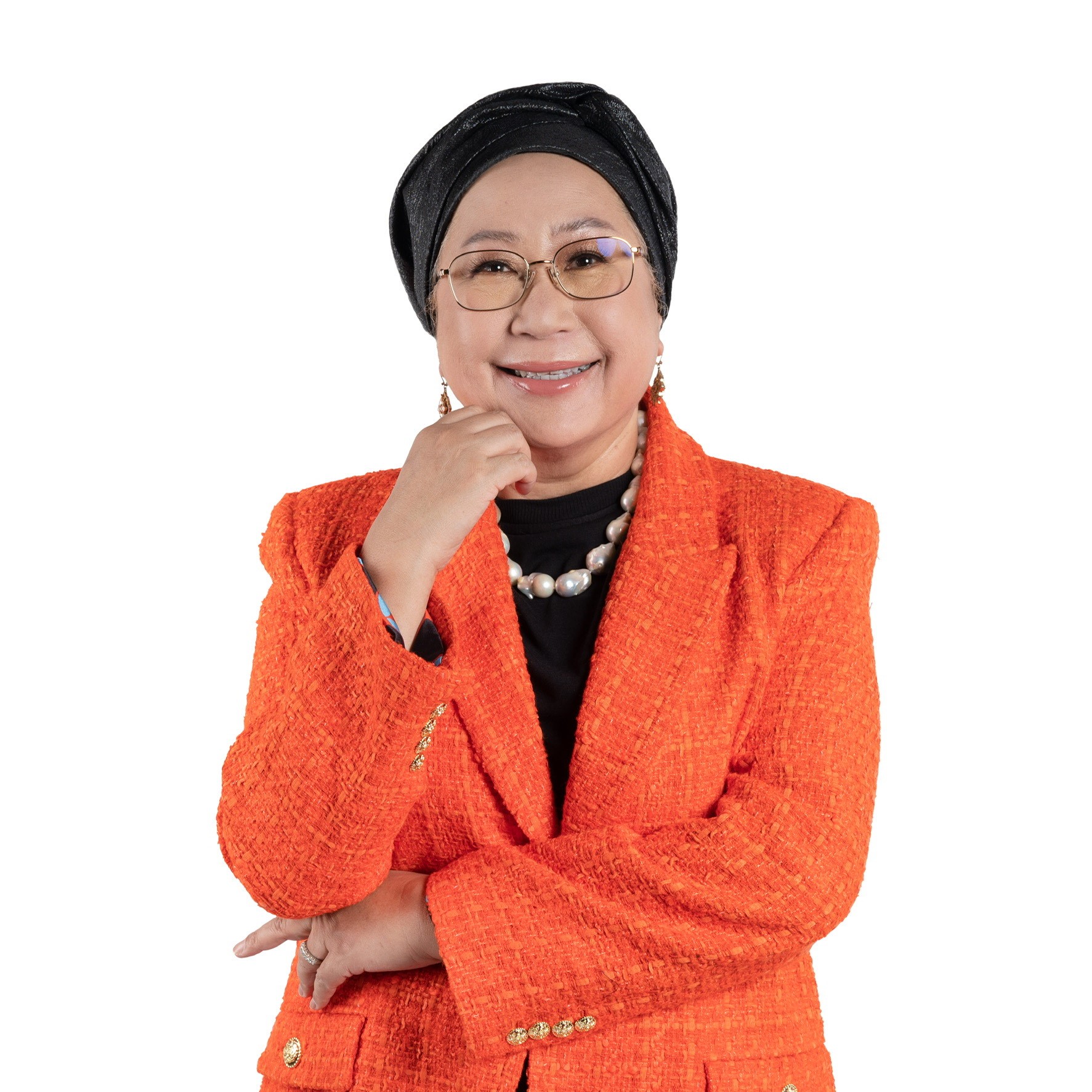World Humanitarian Day: Call to Protect Humanitarian Workers and Volunteers
Every day, around the world humanitarian aid workers and volunteers are on the front lines of war, outbreaks and disasters. They do what they can to help people in need. Giving emergency health care, distributing food, restoring hope. Too often, they are risking their lives. Just last week, Mr. Khalid Abdullah, a 65-year old volunteer […]
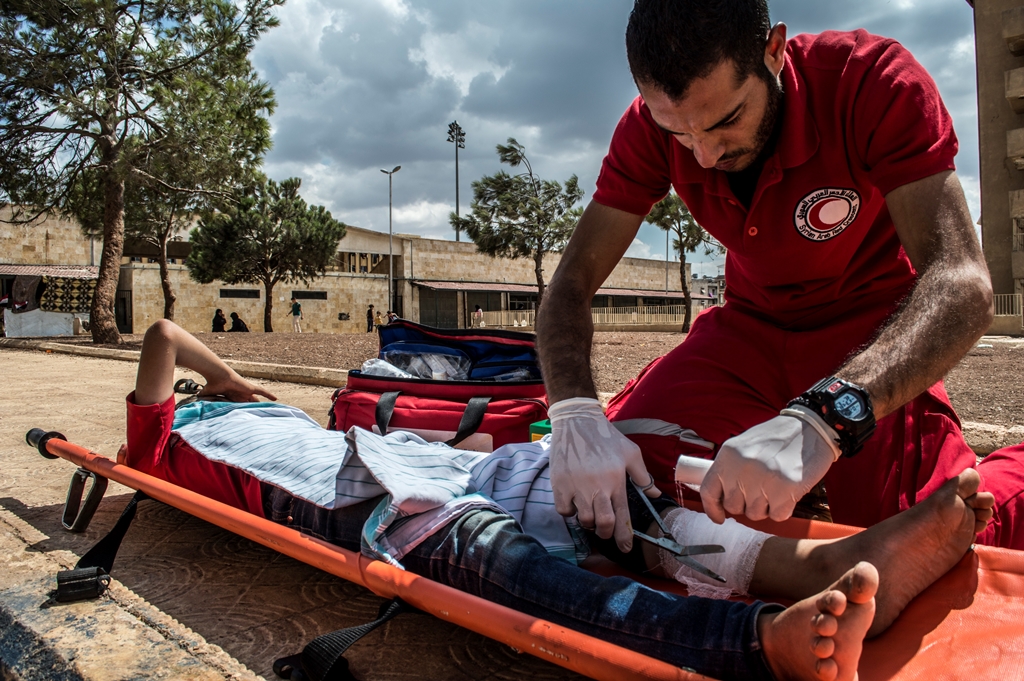
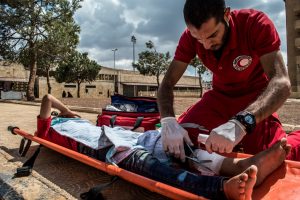
Every day, around the world humanitarian aid workers and volunteers are on the front lines of war, outbreaks and disasters. They do what they can to help people in need. Giving emergency health care, distributing food, restoring hope.
Too often, they are risking their lives.
Just last week, Mr. Khalid Abdullah, a 65-year old volunteer from the Yemen Red Crescent Society was shot and killed while he was preparing for a much needed food distribution inside the city of Taiz.
For 30 years, Mr. Abdullah had been a Red Crescent volunteer, doing what he could to make a difference in the lives of many.
His death is a needless tragedy. But sadly, not an isolated one. Mr. Abdullah is the tenth Yemen Red Crescent Society volunteer to die in the line of duty in Yemen since the start of the current conflict in March 2015. Over the past two years, more than 50 Red Cross and Red Crescent local aid staff and volunteers have died in the line of duty.
Attacks against aid workers are deplorable and unacceptable. They violate international humanitarian law.
The Geneva Conventions’ rules 25 and 31 explicitly state that medical and humanitarian relief personnel must be respected and protected in all circumstances, and that attacks against hospitals are prohibited. Yet, healthcare workers are under increased attacks in countries undergoing conflict and civil unrest—from Syria to Afghanistan and Sudan. Over the past five years of conflict, Syrian hospitals have been increasingly targeted. According to Physicians for Human Rights, 373 medical facilities have been attacked and 750 health workers have been killed since the conflict began. Reports indicate that Syrian and Russian forces are directly bombing these facilities. Doctors Without Borders (MSF) hospitals have also been attacked in Syria, Yemen, and Kunduz, Afghanistan where U.S. forces were responsible for incorrectly targeting the facility.
The International Red Cross and Red Crescent Movement launched a campaign, Health Care in Danger, to condemn these attacks and call on world leaders to protect hospitals. In May, the UN Security Council issued a resolution condemning attacks on medical facilities. Strong action to hold states accountable is needed.
Risks to healthcare workers extend beyond war and conflict. We saw the fall of hundreds of healthcare workers during the West African Ebola crisis – in hospitals, homes, and communities. These people died giving treatment and care to Ebola patients.
The dignity and commitment of humanitarian aid workers and volunteers in the face of danger is an inspiration and motivator for us all.
Often these are ordinary people: They want to help their communities; do anything they can to help save lives.
It is time the world gave these humanitarian heroes the respect and recognition they deserve. Insurance, psychosocial support, training, protective equipment, and legal support are all essential for any person on the frontline, be they paid or unpaid, in a hospital or a community.
On World Humanitarian Day, we remember and pay tribute to those colleagues who have lost their lives in humanitarian service. We recognize the risks that aid workers and volunteers face to assist people in need. And we call on all parties to protect them. They give much, and ask for little. Together, we can make sure they reach home safely each day.
More like this
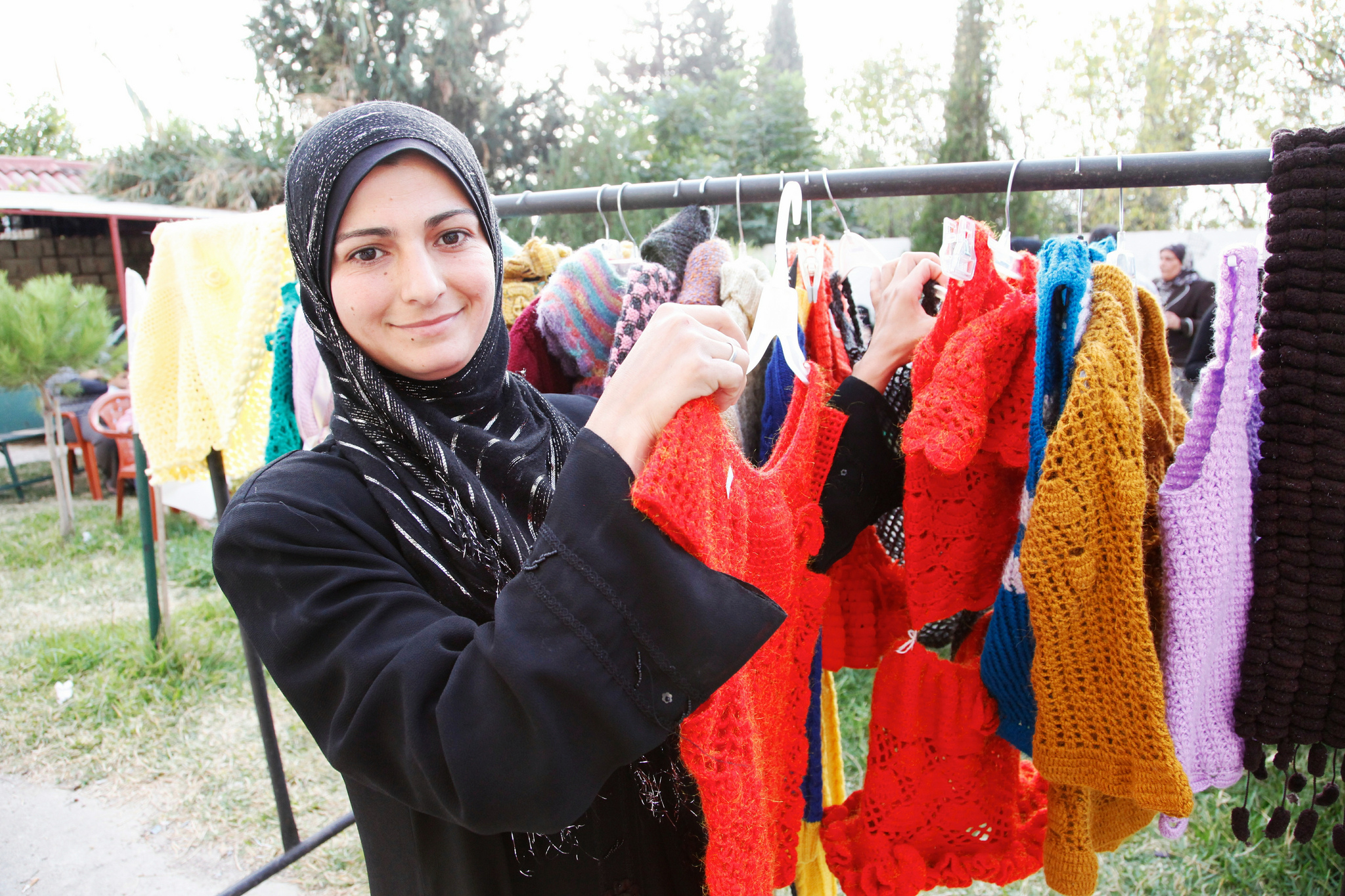
Dear Donor: Here’s the Good News on Syria
